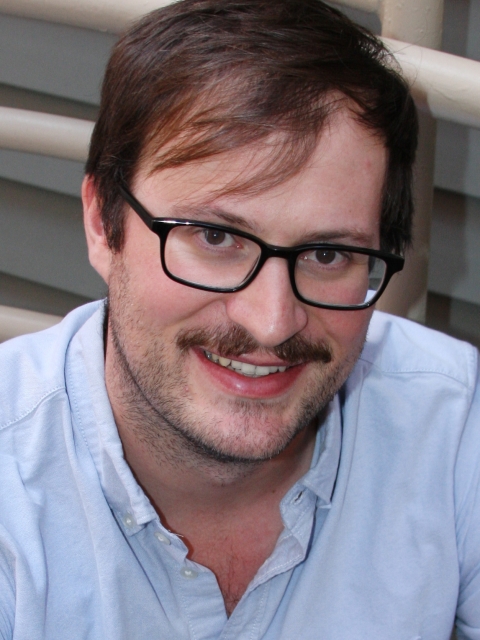I currently hold a Bell Fellowship at the Harvard Center for Population and Development Studies, and recently completed a Ph.D. in Demography at the University of Pennsylvania Population Studies Center. My substantive research is focused on global health, life-course approaches to aging, and inequality.
My research integrates approaches from demography, sociology, epidemiology, and biostatistics to improve empirical and theoretical models of population health in low-resource contexts, and provides specific contributions on life-course approaches to aging and disability, international comparisons of health and mortality, and the population-level health effects of HIV/AIDS in sub-Saharan Africa.
I plan to focus my future research on developing new and innovative ways to answer key questions of global demography—how long we live, how health is maintained across the life-course, and how specific diseases (particularly chronic non-communicable diseases and HIV/AIDS) affect present and future health outcomes. In addition to my substantive work, I am interested in developing and improving the estimation of macro-level population processes using micro-level longitudinal data, and advancing formal demographic techniques for calculating cohort life expectancy and mortality patterns. I received an NSF-Graduate Research Fellowship and a School of Arts and Sciences dissertation completion grant to support my doctoral studies, and was a fellow in the Young Scientist Summer Program at the International Institute for Applied Systems Analysis in 2012.
Most Recent Paper:
Payne, Collin F. 2015. “Aging in the Americas: Disability-Free Life Expectancy among Adults Age 65 and Older in the United States, Costa Rica, Mexico, and Puerto Rico.” The Journals of Gerontology Series B: Social Sciences. (ePub ahead of print).
